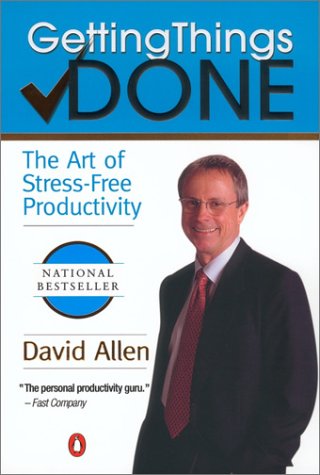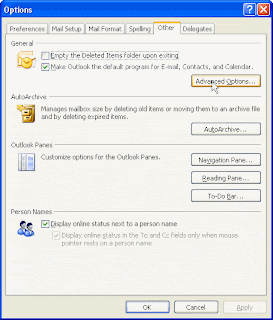Ferriss, Timothy.
The 4-Hour Work Week : Escape 9-5, Live Anywhere, and Join the New Rich. New York: Crown Publishers, 2007. $19.95
Trunk, Penelope.
Brazen Careerist : The New Rules for Success. New York: Warner Business Books, 2007. $22.99
I was nearly finished with
The 4 Hour Workweek
when I started reading
Brazen Careerist
. If I had read them in the reverse order, I think I would have had a lot more patience with Trunk's strategies for getting ahead in the workplace.
Trunk targets Gen X and Y-ers and gives them liberal doses of lecturing - I mean advice - that she says is radical. "The
New Rules for Success" is the subtitle of the book (her emphasis).
The problem is, the "rules" aren't all that new, and they aren't all that radical, especially compared with the advice Ferriss dishes up in
his book. If Trunk is giving us the new rules of the career game, Ferriss is leaning over the fence with a slightly smug expression on his face, saying, "Are you sure that's the game you want to be playing for the next thirty or forty years?"
Here's some examples:
Trunk spends many pages advising readers on résumés (keep them to one page, no matter what, and make sure they are good selling tools for you), job interviews (there
are stupid questions, so know them and don't ask them), grad school (it will not save you - a piece of advice I can certainly appreciate), and a host of workplace etiquette tips - how to win at the office politics game.
Ferriss spends many pages explaining how you can gradually (or sometimes quickly) morph your current position into a remote work situation, so that you can work from home. He also lays out a plan to focus on essential work tasks and eliminate nonessentials...such as most of the meetings, emails, and interpersonal stuff that Trunk shows you how to successfully navigate.
Suddenly Trunk's rules look a lot more like traditional career advice. Especially when Ferriss's next step is to suggest that "working from home" doesn't have to mean staying at home. Why not jet off to China or Germany with a global band mobile phone, and have your home phone number routed to you wherever you are? Online tools like Skype offer very cheap international calling, and email is already global.
A lot of this comes down to personality. If you are more task/technical-oriented, you'll probably appreciate Ferriss's approach of avoiding meetings (except for a few very clearly defined ones to make specific decisions), limiting personal contact of all kinds to strictly business interactions, and generally reclaiming your time as your own. If that kind of thinking seems cold and unfeeling, Trunk's advice on dealing with people in the workplace has you covered.
Both Trunk and Ferriss discuss starting your own business, but again take very different tacks. Ferriss advises that starting your own business is the way to go, especially for those who really can't work from home (toll booth operators? playground monitors? bank guards?). His advice, though, is to create a business that can be automated and run without you, as soon as possible, so you can go do whatever it is that you want. For those of us with vocations that are unlikely ever to pay the rent, who previously thought we'd always need a day job, this is a great idea. Separate the income from your labor.
All of that said, Trunk's book isn't bad; there is solid advice, even though it's delivered at times in a somewhat hectoring tone. For a wide-eyed twenty-something just entering the workforce,
Brazen Careerist could serve as a much-needed guide. But Ferriss proves that keeping up with the changing rules of the work game may not be as important, and certainly is not as much fun as making up your own game.
Bottom line: if you want to know how to get along better at work and get what you want out of your job, Trunk's your choice. If you'd rather not have a job at all and would prefer to focus on getting what you want out of your life, give Ferriss a read.
Addendum: I heard that Tim Ferriss gave out many, MANY copies of his book to bloggers to help build buzz for it (yes, I'm apparently in an alliterative mood this morning). Unfortunately for me, I was not one. I actually shelled out my own hard-earned cash for it, after perusing it for twenty minutes at my local bookstore.
 This isn't a new book, but one I've found invaluable: David Allen's Getting Things Done
This isn't a new book, but one I've found invaluable: David Allen's Getting Things Done

 (shown above)
(shown above)